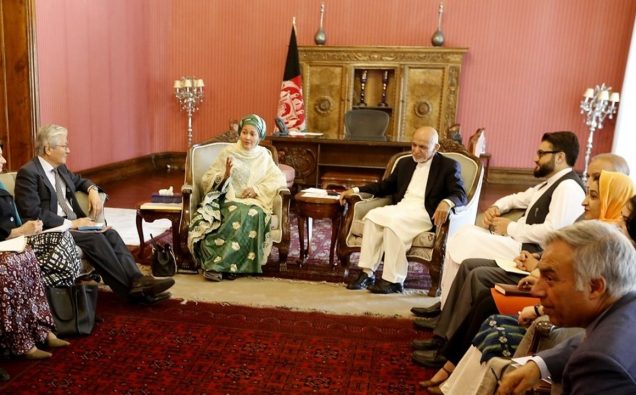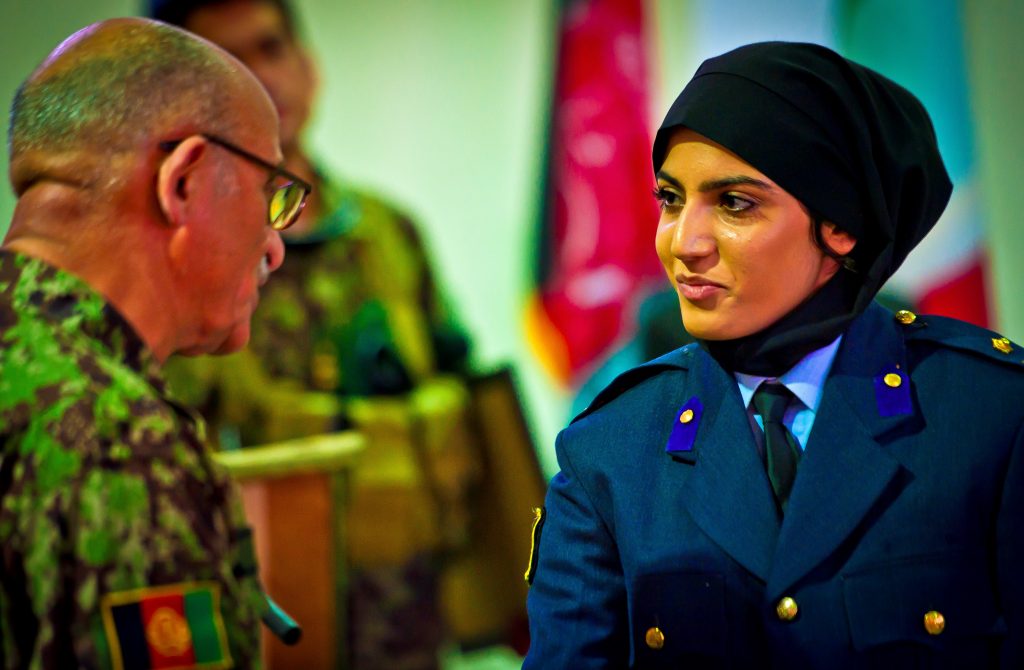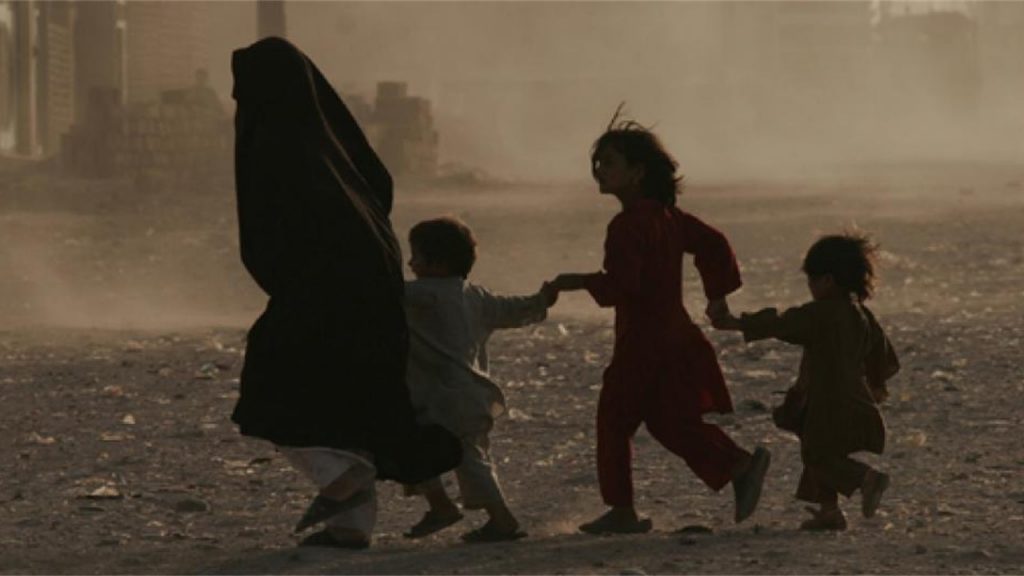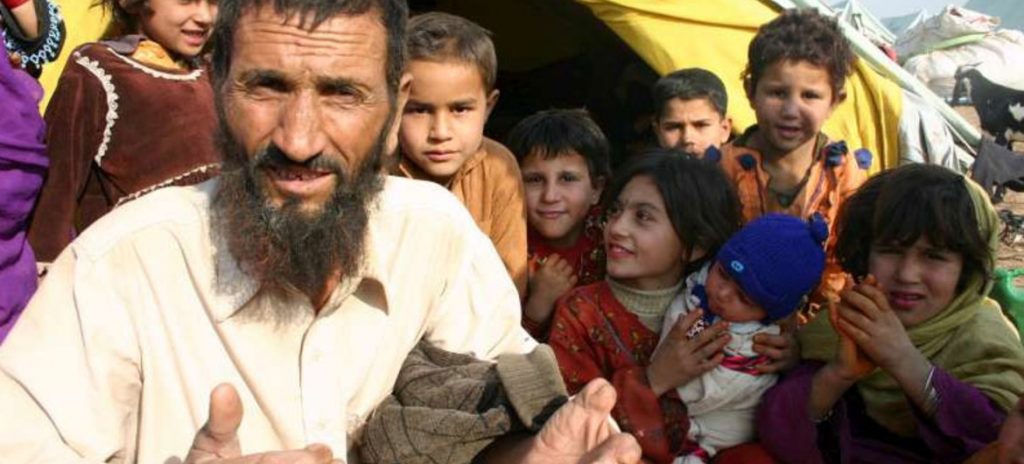
Afghanistan is on the verge of some big changes. Next month’s elections and an unfolding Afghan peace process will shape the future of the country as the U.S. plans to pull its forces out of the country.
Since the U.S. invasion of Afghanistan following 9/11 terrorist attacks, Afghan women and children have seen a lot of gains in terms of access to education and health, which were denied under the harsh Taliban rule of 1990s.
Now, as Afghans get another opportunity to express their faith in the political process they are also anxious at the thought of the Taliban sharing power as a result of ongoing U.S.-supported peace negotiations.
In a timely call, the UN has said “women at the center” of all efforts to forge a durable peace, and a truly inclusive political process where women’s voices are truly heard.
UN Deputy Secretary-General Amina Mohammed said during a recent solidarity mission visit to Afghanistan that the peace process is “integral to the future, and the sustainability of all the efforts and aspirations, the Government and people of Afghanistan have.”
Meanwhile, Afghans continue to lose lives to violence including a bombing outside Kabul University which killed 10 people.
In spite of the huge security setbacks, Afghans took the courageous decision to to hold ground-breaking talks in Qatar earlier this week with Taliban representatives, with both sides calling for a reduction in civilian casualties.

Afghan air force 2nd Lt. Niloofar Rhmani accepts her pilot wings at a ceremony May 14, 2013, at Shindand Air Base, Afghanistan, as she graduates undergraduate pilot training. Rhmani made history May 14, 2013, when she became the first female to successfully complete undergraduate pilot training and earn the status of pilot in more than 30 years. She will continue her service as she joins the Kabul Air Wing as a Cessna 208 pilot. (U.S. Air Force photo/ Senior Airman Scott Saldukas)
“At the end of two days we have been impressed with the leadership at all levels of government from Kabul out to the local areas, where you see that there is an investment in people, in particular in women’s empowerment’, said Ms. Mohammed.
The high-level UN delegation held meetings with President Ashraf Ghani and Chief Executive Abdullah Abdullah on Saturday, and also met a diverse group of women, hosted by Afghanistan’s First Lady, Rula Ghani. They also met religious leaders, who have a crucial role to play in bolstering the peace process.
“We have heard from them many messages: on the elections, that they must be credible, they must be timely, they must be inclusive, and their voices must be heard.”
“On the peace process”, she continued, it had to be inclusive: “And inclusive means women at the centre”, especially when it comes to addressing the needs of victims of violence.
“You cannot address peace and its sustainability, if you cannot come to terms with reconciling the past. So this has been an incredibly important opportunity for us”, said the Deputy Secretary-General, noting that during the trip they had also been gratified to see “the gains of the investments that have been made by the UN system and its partners over the years.”
The head of UN Women said that she had been struck by talking to women who had lived with the “oppressive legacy of the Taliban’s rule – which banned them from attending school, work or even speaking publicly or leaving the house without a man.”
“These same women have consistently and courageously advocated for their voices to be heard, their priorities to be addressed and their agency to be recognized”, said Ms. Mlambo-Ngcuka.
“And they do not stand alone, because UN Women and the UN, are here to back them up at every step.”
As the momentum builds for peace talks with the Taliban, she said “ensuring women’s meaningful participation in the peace and reconciliation process and in the upcoming elections is more urgent than ever. Women must be able to exercise their right to define what peace means for them, and to have a seat at the table where the future of the country is being negotiated”, said the Executive Director. “Only then we will really see durable peace and democracy flourish in Afghanistan.”
UNFPA chief, Natalia Kanem, said that “ending sexual and gender-based violence is our collective responsibility. It not only affects a woman’s dignity, health and wellbeing, but prevents her from participating actively in her community and contributing to peace.”
“Despite tremendous suffering, the resilience of the women and girls I met on this visit gave me hope for the future of Afghanistan”, said Ms. Kanem.
“Only when women are safe and empowered to make decisions over their bodies and lives”, she noted, “will the country be able to achieve sustainable development and peace.”
SOURCE: UN



















